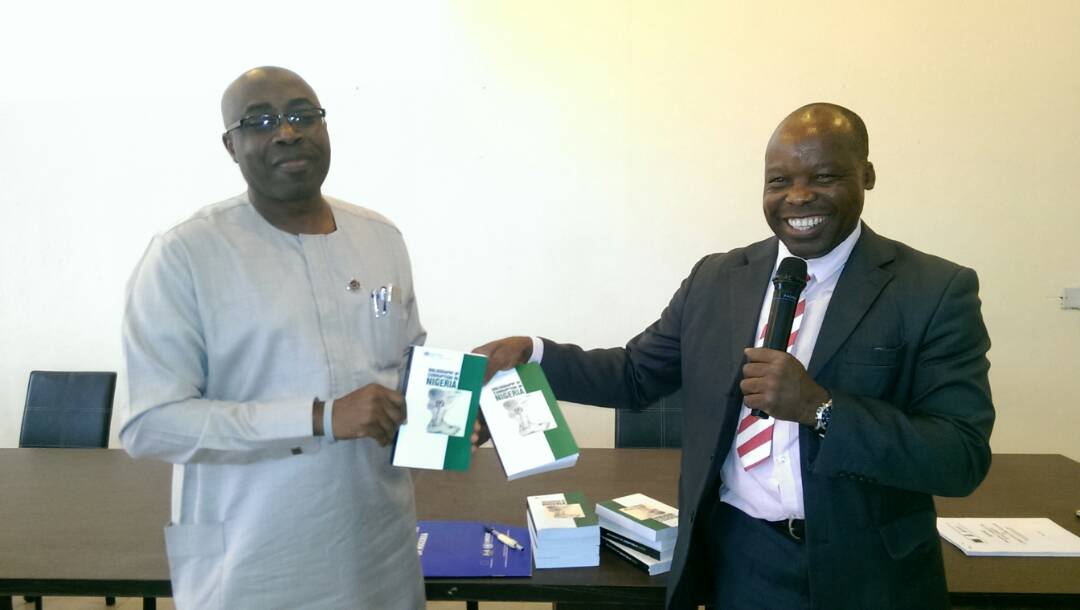Driven by the need to re-focus attention on a comprehensive preventive approach to combating corruption in Nigeria, the Anti-Corruption Academy of Nigeria (ACAN), the training arm of the Independent Corrupt Practices and Other Related Offences Commission (ICPC), is set to commence post-graduate professional programmes in corruption prevention.
This was disclosed recently during the formal presentation of a proposed curriculum for the programme of study developed by the United Nations Office on Drugs and Crime (UNODC) Adviser on Corruption Prevention, Professor Victor O. Ayeni, at ACAN in Keffi, Nasarawa State.
The main thrust of the curriculum which would be known as the Post-Graduate Programme in Corruption Prevention (PGPCP) is to move focus away from purely enforcement and moralizing approaches to a preventive approach to combating corruption and related crimes.
The proposed PGPCP which would be a three-phase course, covering a Certificate, Diploma and Masters Degree package, would offer potential benefits not just for Nigeria but other developing countries as well.
Prof Ayeni said that, “the curriculum is boldly conceived to cover all the essential elements of Chapter II of the United Nations Convention Against Corruption (UNCAC) and to help redress progressively the current dearth of quality expertise in the prevention field. Thus, it will provide a comprehensive and focused programme aimed at developing first-rate professionals who understand and can competently implement the wide-ranging and integrated interventions required in organisations and governments to prevent and contain corrupt behaviours.”
He added that the programme, as it takes off, will also offer options of a set of specialization-tracks and would be run as an integral part of the annual training portfolio of the academy thereby bridging the huge gap in anti-corruption training and education.
Speaking during the presentation, ACAN Provost, Professor Sola Akinrinade, revealed that the academy is in discussion with some universities to have its Masters Degree affiliated.
The diploma programme, with 9-month duration, would be flexible in a way that participants could undertake it in, say, 5 months and finish the rest at their convenience.
It should be noted that since the inception of ACAN, the academy has been hosting basic and applied research on anti-corruption in Nigeria and has now proposed a fellowship study which would lead to the certification of fellows.
Against this backdrop, the UNODC National Project Officer for Capacity Building, Mr. Femi Ajayi, pledged the agency’s technical support for the successful take-off of the programme.
The proposed PGPCP is expected to be residential and would comprise of classroom teaching, compulsory and elective courses, field attachment and specialization-tracks.



